Post-Translational Modification Crosstalk Prediction Service
Post-translational modifications (PTMs) regulate protein activity, stability, and interactions across all biological systems. Crosstalk occurs when one modification promotes or prevents another, shaping protein behavior in health and disease. Dysregulation of PTM crosstalk has been implicated in cancer, neurodegeneration, cardiovascular disorders, and infectious diseases. MtoZ Biolabs provides a dedicated post-translational modification crosstalk prediction service to reveal positive and negative crosstalk events, identify hotspots, and connect them to functional pathways.
Leutert, M. et al. Mol Cell Proteomics. 2021.
Figure 1. The Toolbox for PTM Crosstalk
Services at MtoZ Biolabs
MtoZ Biolabs provides an end-to-end post-translational modification crosstalk prediction service, including:
1. Prediction of positive and negative crosstalk
Detecting cooperative or competitive relationships between distinct PTMs.
2. Analysis of intra- and inter-protein interactions
Mapping PTM dynamics within single proteins and across protein complexes.
3. Identification of crosstalk hotspots
Highlighting motifs with three or more PTM sites where multiple modifications compete or coexist.
4. Functional enrichment analysis
Connecting individual PTMs and crosstalk events to biological processes, pathways, and disease relevance.
5. Flexible and customizable pipelines
Tailored workflows designed to address diverse project requirements and research goals.
Service Advantages
1. Cutting-edge Proteomics Platforms
Equipped with state-of-the-art instruments such as Orbitrap Fusion Lumos and Q Exactive HF mass spectrometers, our facility ensures high-resolution PTM mapping that strengthens downstream predictions.
2. End-to-End Project Support
From raw proteomics data integration to final biological interpretation, we provide a one-stop solution that minimizes client workload and maximizes research efficiency.
3. Biological Relevance of Results
Each prediction is linked to signaling pathways, cellular functions, or disease mechanisms, offering actionable insights rather than isolated data points.
4. Flexible Solutions for All Scales
Our workflows adapt to small-scale studies of individual proteins as well as large-scale proteome-wide projects.
5. Trusted Expertise
With extensive experience in proteomics research and bioinformatics-driven data interpretation, our team delivers high-quality, reliable outcomes aligned with publication and translational needs.
Applications
Post-translational modification crosstalk prediction service supports a wide range of research and development areas:
1. Cancer Biology
Characterizing phosphorylation-ubiquitination crosstalk in receptor tyrosine kinases to uncover mechanisms of drug resistance and signaling reprogramming.
2. Neurodegenerative Disorders
Identifying PTM interactions in tau and alpha-synuclein to clarify regulatory mechanisms underlying Alzheimer’s and Parkinson’s disease progression.
3. Cardiovascular Research
Mapping acetylation and phosphorylation crosstalk in contractile proteins to understand pathological remodeling in heart failure.
4. Infectious Disease and Immunity
Exploring how pathogens exploit PTM networks to subvert host immunity, and identifying crosstalk events that regulate innate immune responses.
5. Drug Discovery
Highlighting crosstalk hotspots as potential therapeutic targets, such as acetylation-methylation competition in histone tails relevant for epigenetic therapies.
Deliverables
1. Technical report
2. Crosstalk prediction tables
3. Hotspot motif analysis
4. Functional enrichment results
5. Data visualizations
6. Raw and processed data files
FAQ
Q: What types of PTMs can be analyzed?
A: Our post-translational modification crosstalk prediction service supports a wide spectrum of modifications, including phosphorylation, ubiquitination, acetylation, glycosylation, methylation, and more.
PTM crosstalk is a critical layer of protein regulation that influences disease development and therapeutic outcomes. MtoZ Biolabs offers a comprehensive Post-Translational Modification Crosstalk Prediction Service to identify interactions, reveal hotspots, and provide functional context. With advanced platforms, flexible workflows, and professional expertise, we deliver actionable insights that accelerate discovery and innovation.
Contact MtoZ Biolabs to transform your PTM research into impactful results.








